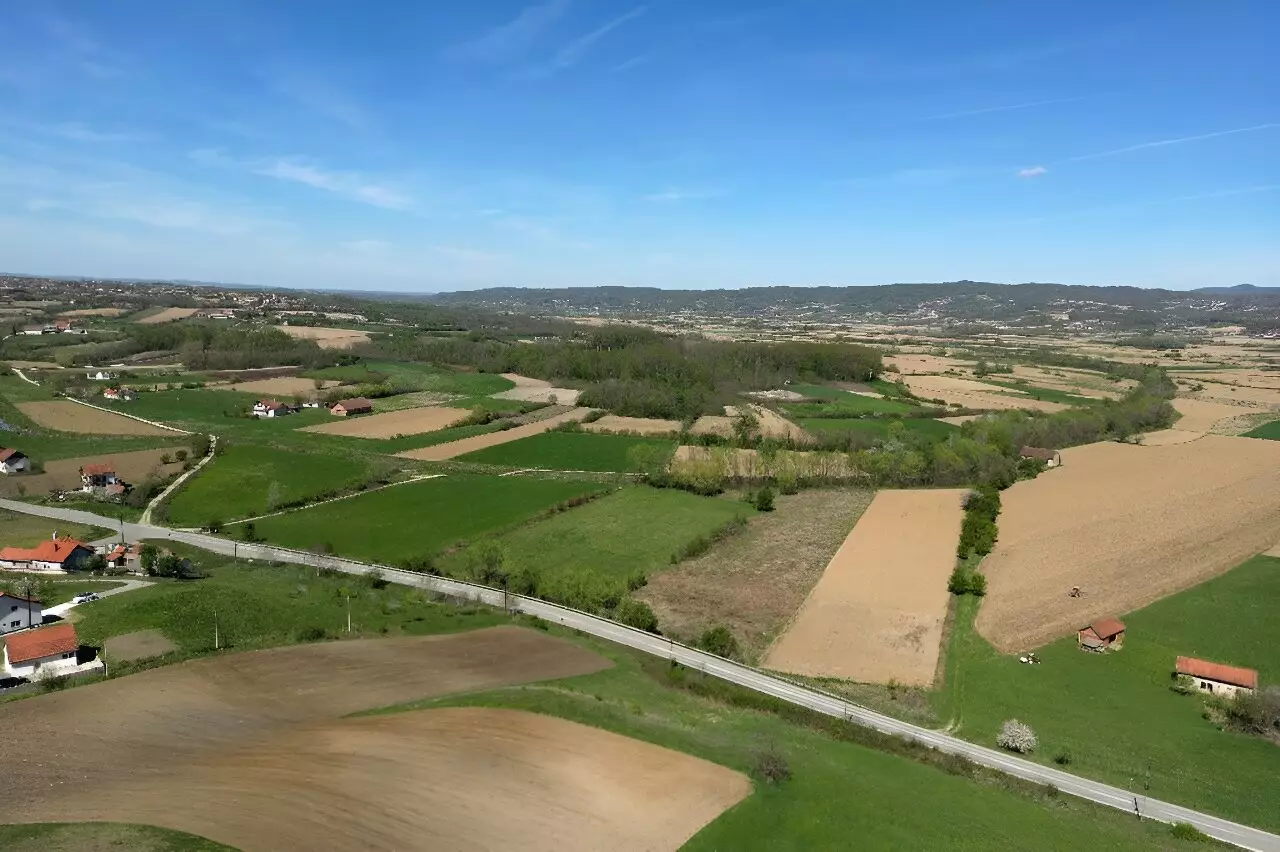President Aleksandar Vucic recently announced that Serbia could potentially begin exploiting its lithium reserves as early as 2028. This news comes after receiving assurances from Australian mining giant Rio Tinto and the European Union regarding the controversial mining project in Jadar, located in western Serbia. The region is said to hold one of the largest reserves of lithium in Europe, a crucial metal needed for the production of electric vehicle batteries.
The discovery of the lithium deposits in Jadar dates back to 2004, but plans for mining were put on hold in 2022 by the Serbian government. This decision came after weeks of protests from the public, expressing concerns about potential environmental damage and threats to public health. Critics accused Rio Tinto and Vucic of lack of transparency in the process and failure to disclose environmental impact reports.
In response to the criticisms and protests, President Vucic stated that both Rio Tinto and the EU have provided new guarantees regarding compliance with environmental standards. Vucic emphasized that if all requirements are met, the mine could start operating in 2028. He believes that this project could be a game-changer for Serbia and the entire region. The expected production from the mine is projected to be 58,000 tonnes of lithium annually, a significant amount that could contribute to 17% of electric vehicle production in Europe.
Rio Tinto recently published an environmental impact report in an attempt to address concerns and clarify the terms of the debate. The mining giant defended its project, stating that it will utilize safe, reliable, and proven technology. They denounced what they referred to as a misinformation campaign based on false and defamatory information that aimed to undermine the project’s credibility. Rio Tinto assured that the project would not harm water resources, soil, biodiversity, air quality, or human health.
In September 2023, Serbia signed a letter of intent with the European Commission for a strategic partnership in batteries and raw materials. This move indicates the country’s commitment to aligning with EU standards and regulations in the field of lithium mining and battery production.
Overall, the future of lithium mining in Serbia remains a topic of controversy and debate. While the potential economic benefits for the country are significant, concerns about environmental impact and public health must be addressed transparently and efficiently to gain public trust and support for the project.


Leave a Reply